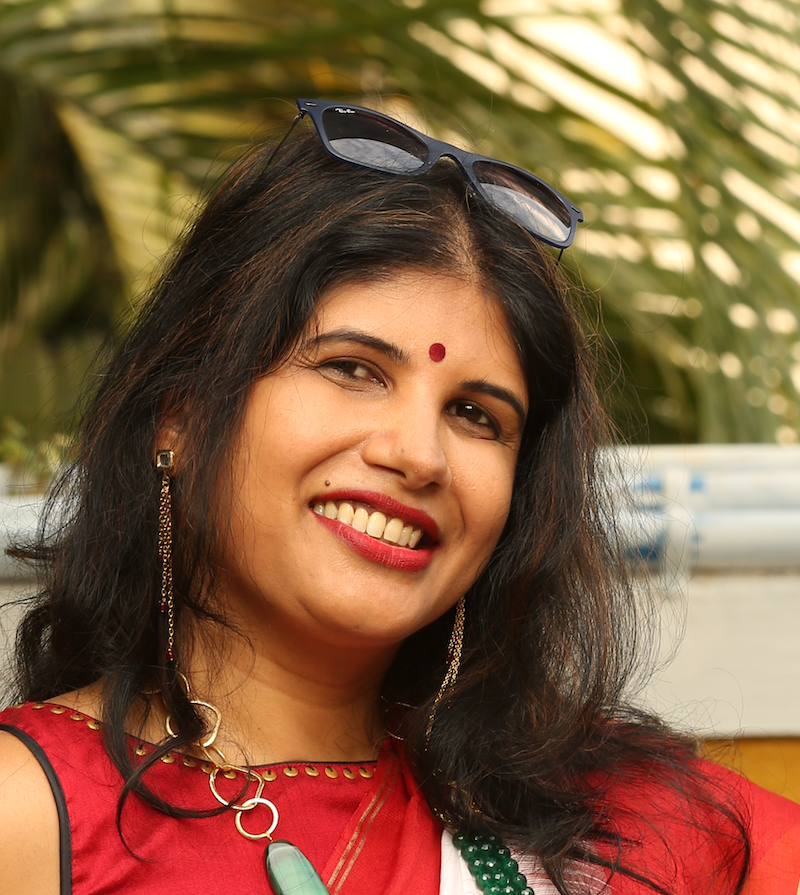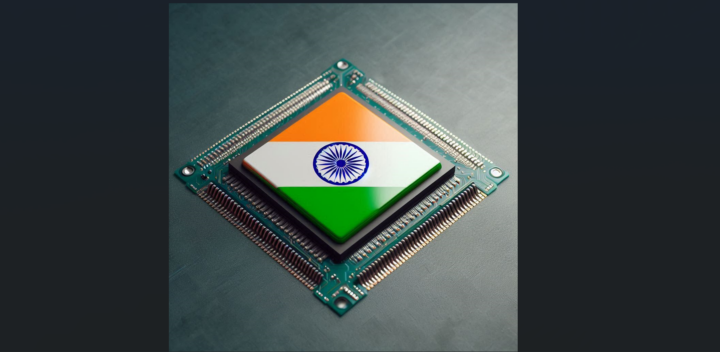The Tech Panda asked women entrepreneurs the challenges they have faced and continue to face in today´s modern world.
While the Indian startup ecosystem is booming, there is no doubt we need more women leveraging their skills for business. Last year, a study by the Reserve Bank of India (RBI) revealed that just 5.9% of startups were led by female founders during the last financial year. In the Mastercard Index of Women Entrepreneurs 2019, India ranked 52 out of 57 countries. In 2020, this rank has risen to 49, a small victory. However, clearly, more Indian women come forward to make a mark in the world of business.
What´s stopping women from entering business and taking it to new heights? The Tech Panda talked to women entrepreneurs about the challenges and bias they still face in today´s modern world.
Additional Personal and Professional Challenges
Entrepreneurs face a myriad of challenges, like raising capital, access to good mentors and to the right talent. While women face these same challenges, they sometimes become harder for women to overcome, says Nishtha Yogesh, Founder and CEO of Hunar Online Course.

Nishtha Yogesh
Better access to capital, more support systems by way of advisors and more support from your peer group and your family etc. will do wonders to change the face of female entrepreneurship and female participation in businesses
“Apart from these, women face additional challenges in managing work and personal life, finding the personal and professional support required to become entrepreneurs, amongst others – mainly stemming out of societal expectations. Better access to capital, more support systems by way of advisors and more support from your peer group and your family etc. will do wonders to change the face of female entrepreneurship and female participation in businesses,” she says.
Not Taken Seriously in Male Dominated Sectors
Not everyone thinks gender has anything to do with achievement. “Anybody who works hard can have it all,” says Romita Ghosh, Founder of MedSamaan, a WE HUB incubated startup. “But yes, considering the social inequalities and lack of opportunities, it was difficult for women to achieve their full potential earlier, but today, a lot is being said and done to help women excel,” she adds.
Having chosen male-dominated sectors like energy and healthcare distribution and marketing, Ghosh found that since women entrepreneurs had not made their mark in these sectors, they were not taken seriously.

Romita Ghosh
The parameters for measuring success are still heavily skewed against women as financial growth alone is still gauged as the most critical factor for defining success, which may not be the singular priority of a woman
“The fact that I was a young 20-something with no experience in a nascent domain made it difficult to build a brand and raise capital. Not getting the right valuation is a common problem that women face, and I too face this quite often,” she says.
“Even though women bring their heart to their work, and therefore effect a multi-sectoral growth in their organization in terms of work-life balance, environmental responsibility, inclusiveness and gender-equality, the parameters for measuring success are still heavily skewed against women as financial growth alone is still gauged as the most critical factor for defining success, which may not be the singular priority of a woman,” she adds.
The fact that women have responsibilities other than the business often encourage the bias that their passion will peter out.

Anushka Shetty
People seem to be less convinced that a woman is going to be as dedicated as a man or is going to take her career as seriously, which is a ridiculous notion
“They think that once you get pregnant, you are going to leave the company and go away. People seem to be less convinced that a woman is going to be as dedicated as a man or is going to take her career as seriously, which is a ridiculous notion,” says Anushka Shetty, Co-Founder of Plop Stories.
Aneree Satra, Founder of QuickSO, who happened to find her way in the male dominated sector of construction business, has also had similar experiences.
“Many times, I was the only female on the complete construction site, so, eventually I started hiring more females so I´d have company,” she says.
Many times, I was the only female on the complete construction site, so, eventually I started hiring more females so I´d have company

Aneree Satra
´You don’t know much, there’s still time to learn.´ These are the comments that I hear from older men on site
“I think they don’t take me seriously. ´You don’t know much, there’s still time to learn.´ These are the comments that I hear from older men on site,” she says.
The Role of Gender in Corporate Partnerships
Another aspect Ghosh found herself exposed to early on was the fact that her gender had a role to play in corporate partnerships. It was only when she created a volume of credentials backed by the successes of each project, she got a level playing field.
Many times, the mere presence of male co-founders in the zoom calls made my clients, both Indian and overseas, comfortable
“Technology has brought in an entire gamut of functionalities that women from the 90s era could possible only dream of. In 2009, I had to plough my way through the length and breadth of the country to establish dealer networks for supplying my products. Today, an email and a phone or Zoom call later, a deal is done. However, many times, the mere presence of male co-founders in the zoom calls made my clients, both Indian and overseas, comfortable,” she recalls.
“It takes a while for people to recognize that I am the CEO and also the technical founder,” says Mousumi Kapoor, Founder and CEO of Continual Engine. “It sometimes takes more effort to convince stakeholders of my ideas than my male counterparts.”

Mousumi Kapoor
It takes a while for people to recognize that I am the CEO and also the technical founder
Shetty (Co-founder, Plop Stories), says that the business world ´is definitely tough as a woman.´ With a male Co-founder, she finds investors trying to get his attention more than hers.
“You may be the better speaker businessperson, but because you’re a lady. They sometimes almost expect the man to talk on the phone, and that’s happened a couple of times. In our case, I am the one who talks, because that is my skill. I’m better at it. My cofounder is a techie who likes to code, this is basic personality differences,” she says.
Need More Support Less Bias
Surbhi Guha, Co-founder of Sortizy, a WE HUB incubated startup, remembers the biased opinions she faced when she was on the verge of deciding to delve full-fledged into the startup world. On a positive note, she was fortunate to get double the support system in the form of family and friends.

Surbhi Guha
The Indian startup ecosystem has a long way to go to build an infrastructure and support system to encourage and aspire more and more women to build upon their ideas, dreams to achieve new heights, and be a leader
“The Indian startup ecosystem has a long way to go to build an infrastructure and support system to encourage and aspire more and more women to build upon their ideas, dreams to achieve new heights, and be a leader. Personally, I feel that when I am in a position to contribute towards building that infrastructure to nurture, support, and uplift other women, I will leave no stones unturned to contribute whatever I can from my side,” she says.
Srividya Kannan, Founder, Director of Avaali Solutions Pvt Ltd, says she doesn’t think it´s more difficult for a woman to rise in the ranks than a man.

Srividya Kannan
Unfortunately, our long and deep rooted patriarchal culture forces women to take a back-seat, which is unfortunately also deeply influenced by the culture at home
“There is enough scientific evidence to state that women are far more powerful on several fronts, including their superior ability to collaborate with multiple stakeholders, ability to focus on delivering eventual outcomes (rather than immediate wins) and handle pain and deliver under pressure. Research has shown that women are emotionally far stronger and deliver superior ability to manage emotions of themselves as well as their teams,” she says.
However, she adds that the bias begins at home.
“Unfortunately, our long and deep rooted patriarchal culture forces women to take a back-seat, which is unfortunately also deeply influenced by the culture at home, where in most cases, a girl child is tacitly raised with certain incorrect notions of being a weaker gender then men. This is what we see eventually manifested in the form of glass ceiling, gender salary, discrimination, etc.,” she says.












